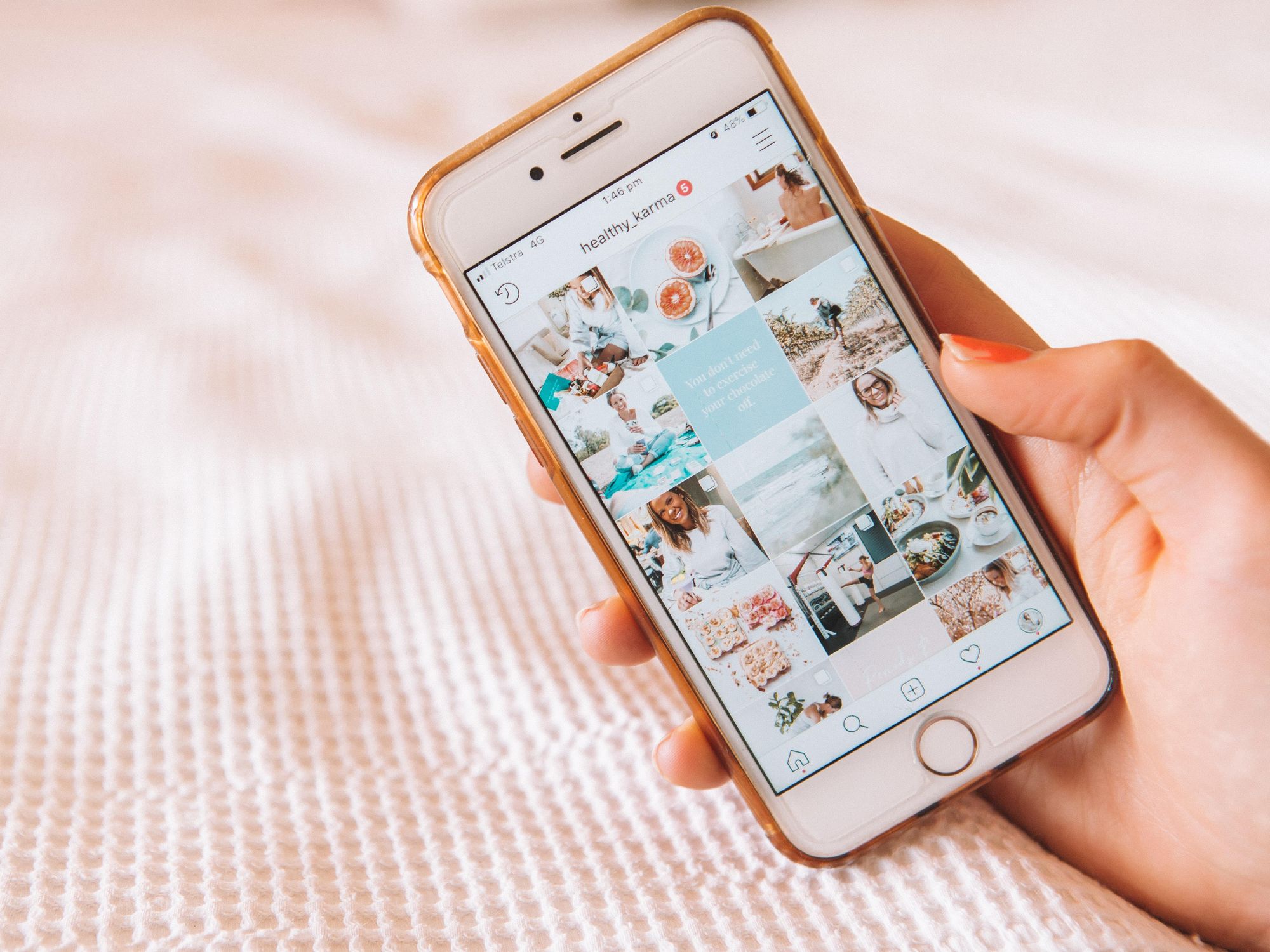The Latest TikTok Trend? Telling You Which Products You Shouldn’t Buy
Kristin Snyder is dot.LA's 2022/23 Editorial Fellow. She previously interned with Tiger Oak Media and led the arts section for UCLA's Daily Bruin.

Scrolling through TikTok in the last week, you’re likely to have come across a number of videos listing off all the products you shouldn’t buy. For example in one such 15-second clip, TikTok creator @sadgrlswag, looking straight into the camera says, “Do not get the UGG Minis. Do not get the Dyson Airwrap. Do not get Charlotte Tilbury Wand.”
This is part of the growing trend of “de-influencing,” and its stated intention is to convince people they don’t need to buy the products other influencers are selling. It’s sound advice that could explain how the nascent hashtag #deinfluencing — boasts over 30 million views. As one TikTok points out, no one needs to own six different Rare Beauty blushes, a product that is notoriously long-lasting.
But if you’re thinking de-influencing is a step in the opposite direction, think again. Because in a matter of days, these same influencers began making videos in which they list off products they dislike alongside alternatives they do recommend.
Take this video, in which an influencer points out products she doesn’t like but then follows them up with her recommendations. Instead of the hair care line Olaplex, for example, she says people should buy Kevin Murphy. The creator, who has almost 50,000 followers on TikTok, makes some money from affiliate codes linked in her bio. One look at her Amazon Storefront, which gives creators a percentage of each sale, reveals Kevin Murphy products listed in the hair section. Clearly, this effort at de-influencing is disingenuous at best.
Even so, de-influencing creates an air of authenticity. Nestled between ads, these un-sponsored videos act as a way for influencers to prove to their followers that they can provide seemingly unbiased opinions. While everyone else is telling you to buy one thing, they present themselves as the sole person willing to denounce that product. It’s a way to build up good will. To convey, however spuriously, that they too are tired of selling products they don’t actually believe in.
It should come as no surprise that the trend was initiated during a particularly thorny time for the online beauty community. It was just last week that people began making videos about their Kosas concealer—a product many influencers have recommended—growing mold inside the container. Then came mascara-gate, in which one TikTok beauty guru was exposed for wearing fake eyelashes in a video promoting a L'Oréal mascara. Not to mention, all the flak Tarte influencers were receiving for their “tone-deaf” trip to Dubai—an event that forced many to re-think what type of content they want to see from influencers.
In other words, influencers not wrapped up in these scandals needed to find a way to repackage their integrity. And people are buying it. Comments on one such video praised the influencer for “always being honest,” while comments on another say “I only trust your reviews.” These responses might encourage creators to occasionally make similar content in which they call out certain products—but it is unlikely these lists will ever include brands that they hope to work with again. There’s also a good chance that, like other TikTok micro-trends, the de-influencing videos will fade into obscurity in just a few weeks.
For the people who look towards influencers for guidance on what to buy, this fad should serve as a recocking to re-think just how much they let social media influence their buying habits. At the very least, most people should take de-influencing’s intended message to heart: if you already own a perfectly good travel mug, you don’t need to listen to the influencers telling you to replace it.
- Meet the Creator Commerce Company That Helps Brands Identify Which Celebs Are Suited for a Brand Deal ›
- Prediction: AI Is Just Getting Started. In 2023, It Will Begin to Power Influencer Content ›
- PR Firm Carter Agency Allegedly Scammed Hundreds of Influencers Out of Brand Deals ›
- Tarte's Sponsored Dubai Influencer Trip Leaves Fan Sour - dot.LA ›
- Hailey Bieber on Using YouTube To Launch Skincare Line Rhode - dot.LA ›
- How Influencers Took Over Coachella and Getting Paid for It - dot.LA ›
- How Superplastic Scripts Its Synthetic Influencers - dot.LA ›
Kristin Snyder is dot.LA's 2022/23 Editorial Fellow. She previously interned with Tiger Oak Media and led the arts section for UCLA's Daily Bruin.




 Image Source: Skyryse
Image Source: Skyryse
 Image Source: Northwood Space
Image Source: Northwood Space